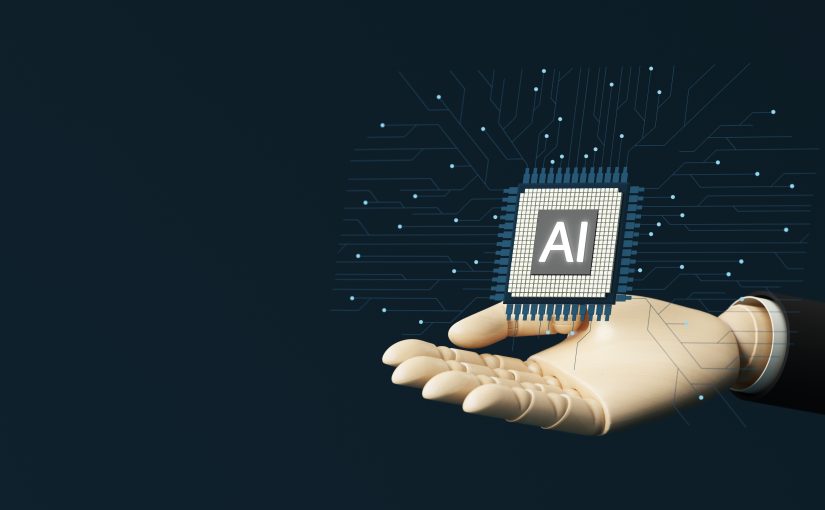A groundbreaking AI system, which can diagnose autism in children between 24 and 48 months with a remarkable 98.5% accuracy rate, could revolutionize early autism detection, according to a report by New Medical. Researchers recently presented this significant development at the annual meeting of the Radiological Society of North America.
Developing the AI diagnostic tool
The AI system was developed by a multi-disciplinary team, including Mohamed Khudri, B.Sc., a visiting research scholar at the University of Louisville in Kentucky. The team focused on analyzing diffusion tensor MRI (DT-MRI) scans of the brain, a technique that tracks the movement of water along white matter tracts in the brain. Researchers trained the AI algorithm to detect deviations in brain connectivity, a key indicator of autism.
“Autism is primarily a disease of improper connections within the brain,” explained co-author Gregory N. Barnes, M.D., Ph.D., professor of neurology and director of the Norton Children’s Autism Center in Louisville. DT-MRI is particularly effective in capturing these abnormal connections, which are often manifested in symptoms like impaired social communication and repetitive behaviors.
The research team applied their AI system to DT-MRI brain scans of 226 children aged 24 to 48 months from the Autism Brain Imaging Data Exchange-II. This included 126 children with autism and 100 neurotypical children. The technology showed impressive results, achieving 97% sensitivity, 98% specificity, and 98.5% overall accuracy in autism identification.
The importance of early detection
Early detection and intervention are crucial in managing autism. “Therapeutic intervention before the age of three can lead to better outcomes,” Khudri emphasized. The CDC’s 2023 Autism Report reveals less than half of autistic children undergo developmental evaluation by three.
The AI system streamlines autism management, cuts costs, and eases testing center burdens. It proposes starting with DT-MRI, then a psychologist’s session for confirmation and guidance. The system produces reports on neural impact and severity for early intervention. The goal is to commercialize and secure FDA approval for this transformative autism diagnosis tool.


















